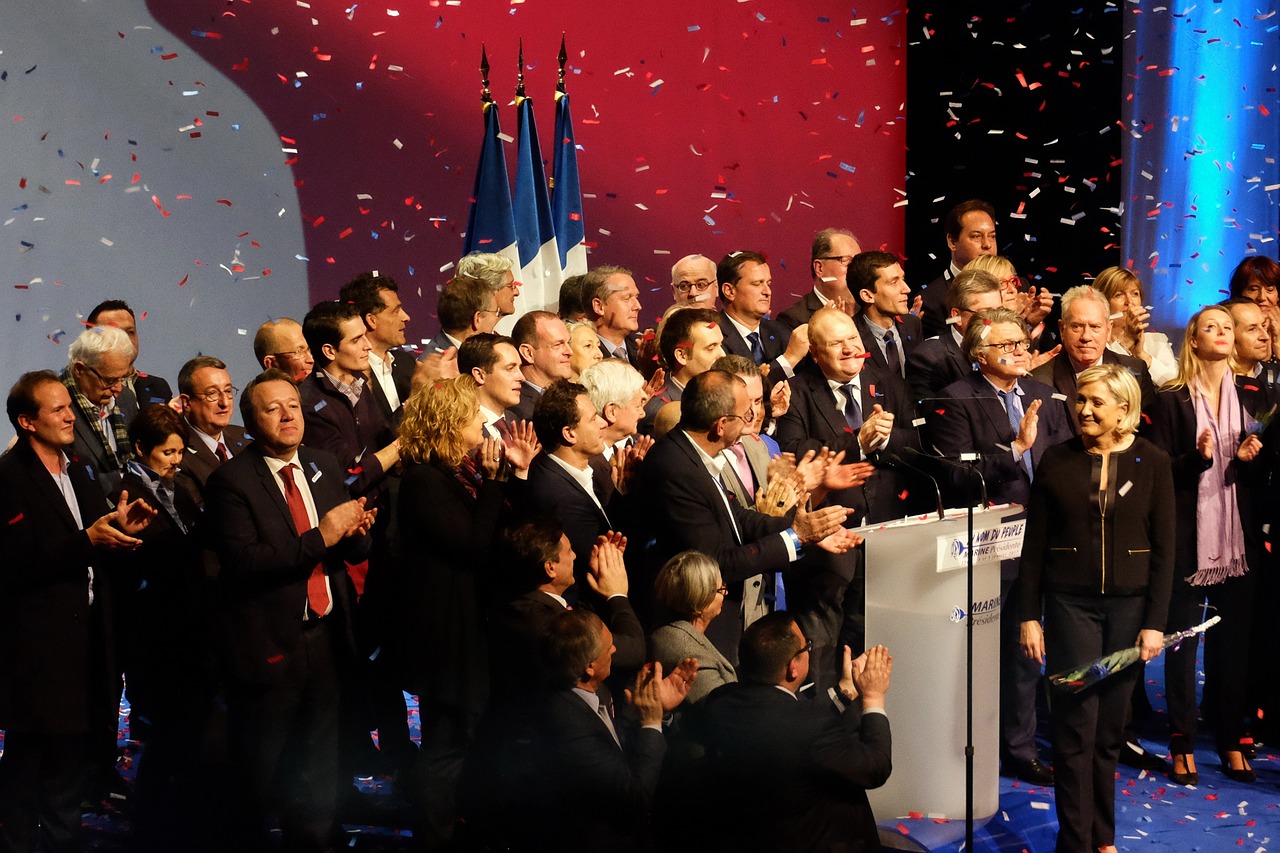Analyzing the Influence of Mixed Reality Political Opinion Surveys
Mixed reality technology has revolutionized the way political surveys are conducted, offering a more immersive and engaging experience for participants. By blending the virtual and physical worlds, mixed reality enables survey takers to interact with political information in a more dynamic and realistic manner, leading to more accurate and insightful responses.
Moreover, mixed reality technology has the potential to increase the reach and accessibility of political surveys to a wider audience. With the ability to participate in surveys from the comfort of one’s own home using devices like VR headsets, individuals are more likely to engage with the survey material and provide valuable feedback. This expanded accessibility can lead to a more diverse and representative sample of opinions, contributing to a more comprehensive understanding of public sentiment.
Understanding the Role of Mixed Reality in Shaping Public Opinion
Mixed reality technology is transforming the way we interact with information and engage in political discourse. Through immersive experiences and interactive simulations, mixed reality has the potential to create more engaging and impactful platforms for shaping public opinion. By allowing users to experience political events and scenarios in a more realistic and interactive manner, mixed reality technology can influence their perceptions and beliefs in a way that traditional media cannot.
Furthermore, mixed reality offers a unique opportunity for individuals to actively participate in the political process by providing them with the tools to express their opinions and engage in meaningful discussions. By enabling users to explore different perspectives, scenarios, and outcomes, mixed reality can help foster critical thinking and informed decision-making among the public. This technology has the potential to bridge the gap between citizens and policymakers, creating a more inclusive and participatory political environment where public opinion is not just shaped, but actively co-created.
Exploring the Use of Mixed Reality in Gathering Political Feedback
Mixed reality technology has revolutionized the way political feedback is gathered by providing an immersive and interactive platform for users to express their opinions. Through mixed reality simulations, individuals can participate in virtual scenarios that mimic real-life political events, allowing for a more authentic and engaging feedback-gathering process. This innovative approach not only enables policymakers to gauge public sentiment more accurately but also fosters a deeper level of understanding between politicians and their constituents.
By incorporating mixed reality into the realm of political feedback gathering, researchers can access a wealth of data that transcends traditional surveys and questionnaires. This technology allows for real-time feedback collection, giving politicians immediate insights into public perceptions and preferences. Additionally, the interactive nature of mixed reality experiences enhances user engagement, resulting in more meaningful and detailed feedback that can drive informed decision-making in the political arena.
How can mixed reality technology enhance political surveys?
Mixed reality technology can provide a more immersive and interactive experience for survey participants, leading to more engaged and accurate responses.
What role does mixed reality play in shaping public opinion?
Mixed reality can be used to present information in a more visually compelling way, potentially influencing how individuals perceive and form opinions on political issues.
How can mixed reality be used to gather political feedback?
Mixed reality can be utilized to create virtual environments where individuals can provide feedback on political policies, candidates, and other relevant topics in a more engaging manner.
Can mixed reality help increase participation in political surveys?
Yes, by offering a more innovative and engaging platform for surveys, mixed reality technology has the potential to attract a wider range of participants who may be more willing to provide feedback.
Are there any limitations to using mixed reality for gathering political feedback?
Some individuals may not have access to the necessary technology to participate in mixed reality surveys, potentially excluding certain demographics from providing feedback.







